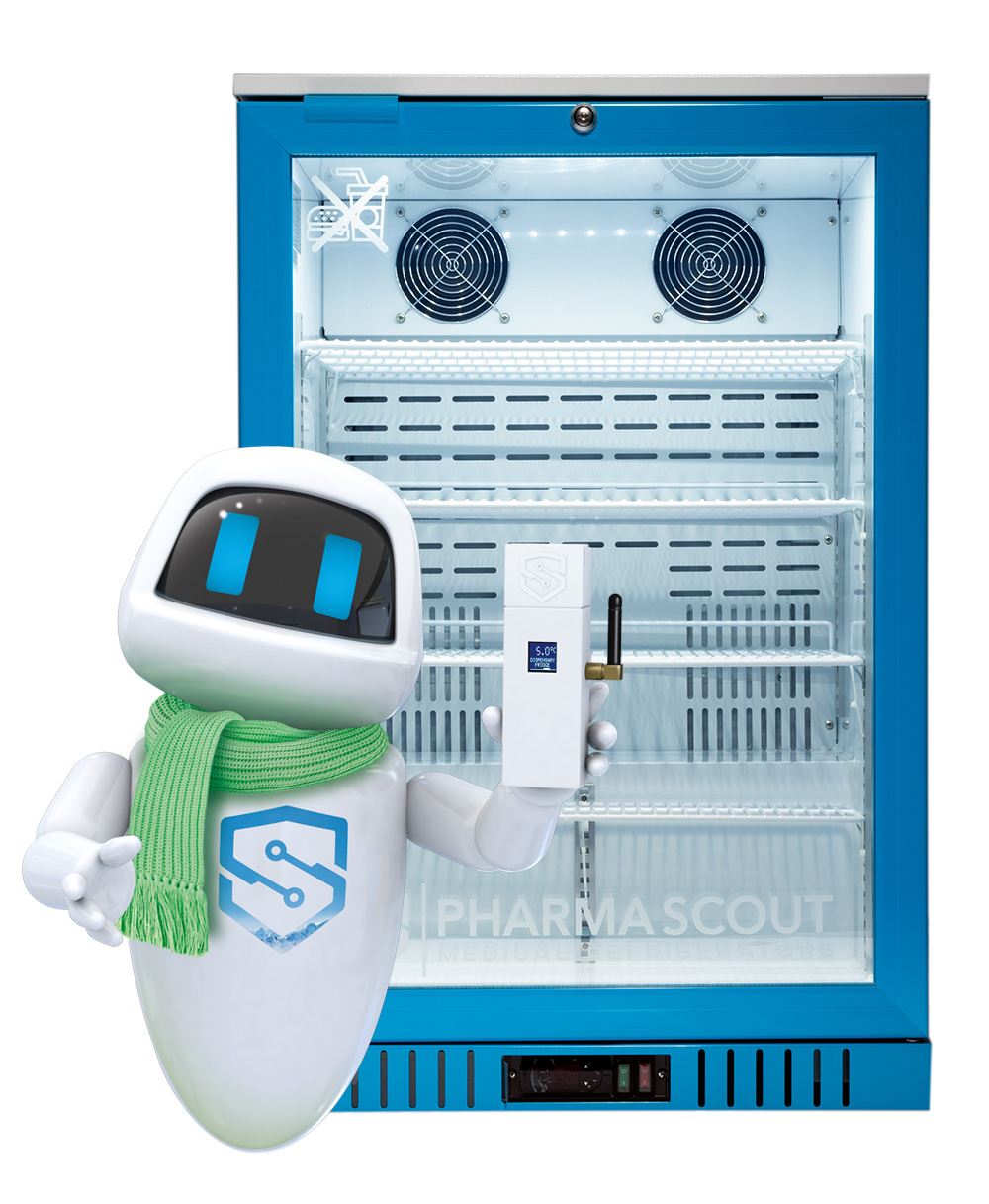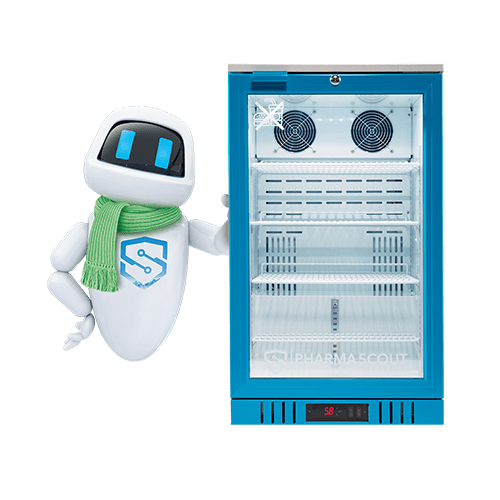Here’s a clichè you wouldn’t expect with fridges: don’t judge a book by its cover. In this article, we dig down into some of the technology behind PharmaScout fridges and what makes us a little different.
Not all fridges are created equal. That’s a phrase that sounds pithy but has a ring of truth to it and one that we poured our hearts, expertise and experience into when creating PharmaScout fridges.
We shared the journey to creating our top-grade fridges in more detail in this article, but one key paragraph we want to excerpt here:

“Like many niche products, PharmaScout was born out of a problem no one else could solve. Clinics, doctors and pharmacies needed a refrigerator to store their vaccines and medication that was:
- Affordable
- Low-energy and environmentally friendly
- Aesthetic
- Medically compliant (consistently maintaining temperature between 2 and 8 C)
- Needing minimal manual labour
- Quiet (no noisy compressors).”
But beyond these broad, big-picture needs, we also know it’s important to understand some of the details, technology and design decisions that make a medical-grade fridge the special equipment it is.
This infographic digs into more detail about what differentiates a PharmaScout fridge from a more commonly used domestic fridge – and in essence, why a medical-grade fridge is, in every way, better for a clinic, hospital, pharmacy, and veterinary clinic than one used to store drinks.
THE KEY DIFFERENCES BETWEEN A MEDICAL-GRADE FRIDGE VS RETAIL FRIDGE
TEMPERATURE CONTROL
| PHARMASCOUT | RETAIL |
|---|---|
|
|
ALARM SYSTEM
| PHARMASCOUT | RETAIL |
|---|---|
|
|
STORAGE CAPACITY
| PHARMASCOUT | RETAIL |
|---|---|
|
|
COOLING TECHNOLOGY
| PHARMASCOUT | RETAIL |
|---|---|
|
|
INSULATION
| PHARMASCOUT | RETAIL |
|---|---|
|
|
Overall, it’s clear that medical-grade fridges are developed with niche needs in mind and use higher-quality compressors and other components that focus on operating continuously and – crucially – maintaining a precise temperature range.
Because of the level of regulation, these components are often expensive and are subject to rigorous quality control standards to ensure they meet the strict World Heath Organisation requirements for medical equipment.
Retail fridges, on the other hand, often use less expensive components and are designed for a very different need. They’re created for intermittent and far less-controlled use, which is why the manufacturers focus on cost-effectiveness and durability, rather than precision and consistency of temperature control.
Contact us to find the right refrigeration needs for your business.





